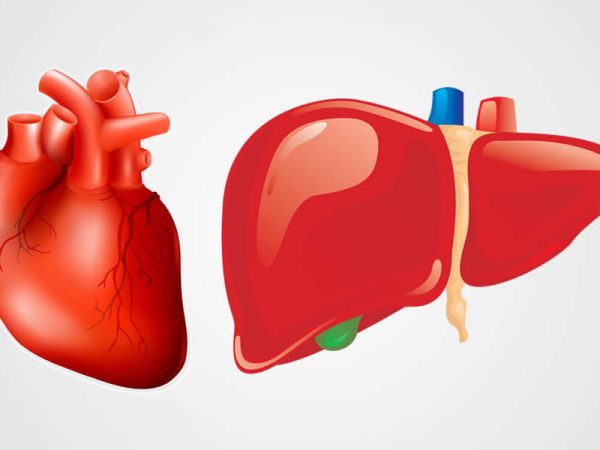Warning: Invalid argument supplied for foreach() in /home1/redcare1/public_html/wp-content/themes/uplift/swift-framework/content/sf-post-formats.php on line 89

Contraception, also known as birth control or fertility control, are various drugs, agents, sexual practices, devices or surgical procedures used by both men and women in preventing pregnancy by the interference of the ovulation, fertilization and implementation process. Although existing since the ancient Greek and Roman Empires, safe and effective methods of birth control only recently became available in the 20th century. Humanists identify it is an expression of man’s free will to decide when he/she wants to have a child or not. Today, this freedom has become a controversial issue between state governments, religious institutions, and people.

People can opt for different kinds of birth control. While some methods are more reliable than others, every method has its own side effects which vary in gravity, asides ‘abstinence’ which has 100 percent reliability against pregnancy and STI transmission.
The various kinds of birth control could be divided into groups based on how they work. These groups include but are not limited to:
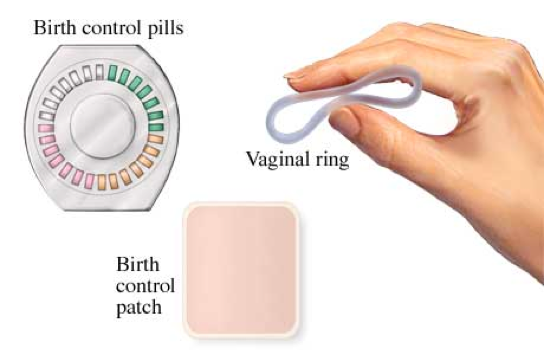
· Hormonal methods: These use medications (hormones) to prevent ovulation. Hormonal methods include birth control pills (oral contraceptives), Depo Provera injections, and Norplant.
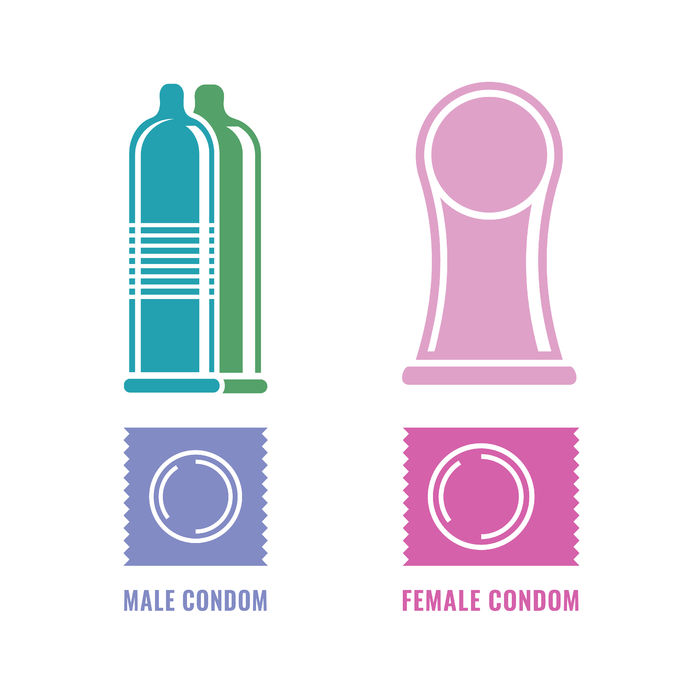
· Barrier methods: These methods work by preventing the sperm from getting to and fertilizing the egg. Barrier methods include male and female condoms, diaphragm, and cervical cap. The condom is the only form of birth control that also protects against STDs, including human immunodeficiency virus (HIV) which causes acquired immune deficiency syndrome (AIDS).

· Spermicides: These medications kill sperm on contact. Most spermicides contain nonoxynyl-9. Spermicides come in many different forms such as jelly, foam, tablets and transparent film. All are inserted into the vagina. Spermicides work best when used at the same time as a barrier method.
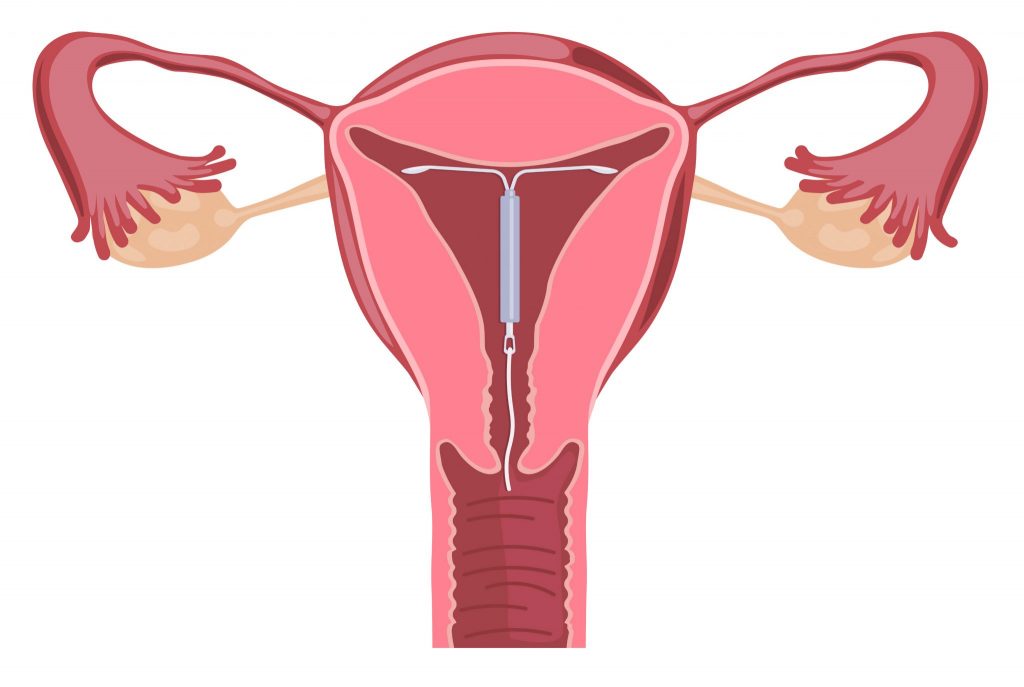
· Intrauterine devices (IUDs): These devices are inserted into the uterus, where they stay from one to ten years. An IUD prevents the fertilized egg from implanting in the lining of the uterus and may have other effects as well.
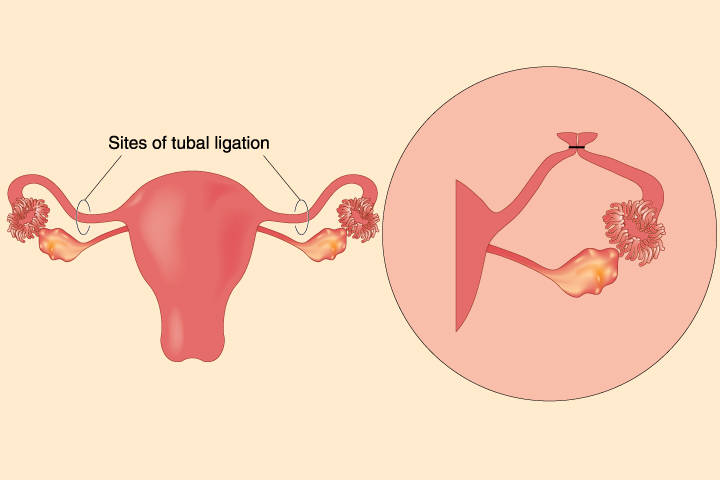
· Tubal ligation: This medical procedure is a permanent form of contraception for women. Each fallopian tube is either tied or burned close. The sperm cannot reach the egg, and the egg cannot travel to the uterus.
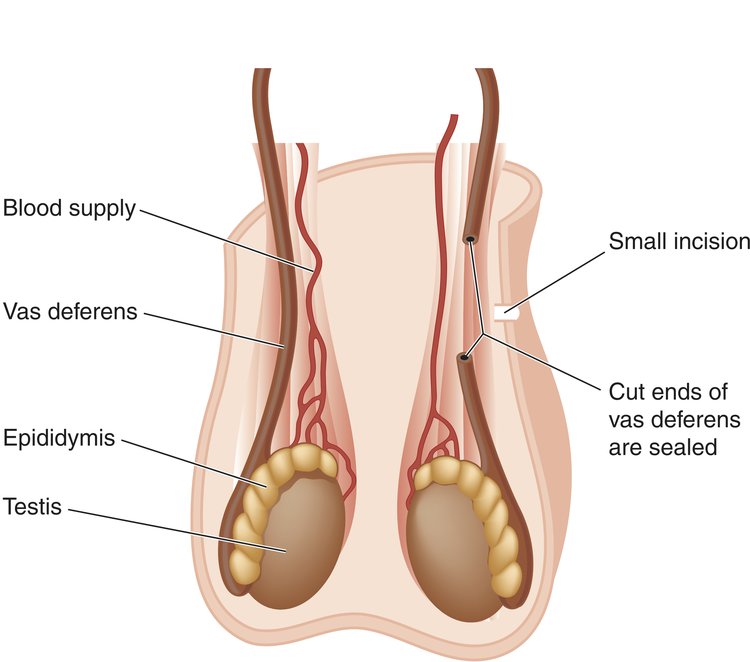
· Vasectomy: This medical procedure is the male form of sterilization and should be considered permanent. In vasectomy, the ‘vas deferens’, the tiny tubes that carry the sperm into the semen, are cut and tied off.
Some methods of birth control must be used specifically at the time of sexual intercourse e.g. condoms, diaphragm, cervical cap, spermicides. All other methods of birth control must be working all the time to provide protection e.g. hormonal methods, IUDs, tubal sterilization. There exist different ways to use birth control ranging between male and female, and this could be sub-divided into:
- Oral: Birth control pills must be taken by mouth every day
- Injected: Depo Provera is a hormonal medication that is given by injection every three months
- Implanted: Norplant is a long-acting hormonal form of birth control that is implanted under the skin of the upper arm
- Vaginal: Spermicides and barrier methods work in the vagina
- Intra-uterine: The intrauterine device (IUD) is inserted into the uterus
- Surgical: Tubal sterilization is a form of surgery. A doctor must perform the procedure in a hospital or surgical clinic. Many women need general anesthesia.
Contraception should not be solely about reproductive freedom but freedom in the general sense. A person’s ability to decide when and if they want to start a family has enormous ramifications for both sexes in terms of educational and professional pursuits, income, the attainment of life goals and general fulfillment. Individuals who seek control of their health and sexuality should endeavor to opt for contraceptives if need be, in order to live a healthier and fuller life.
- Chima Ordu, Admin Intern at Redcare HMO



